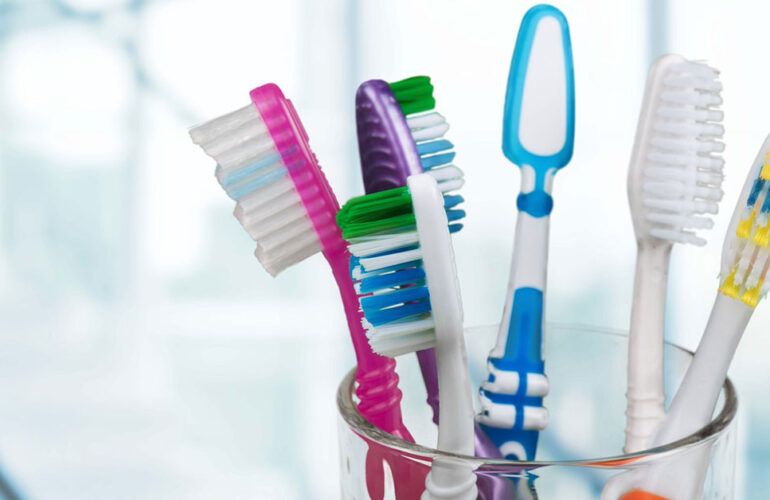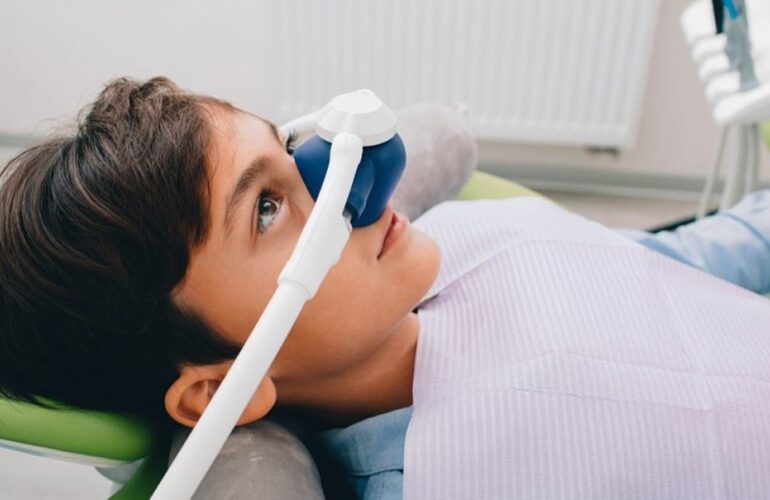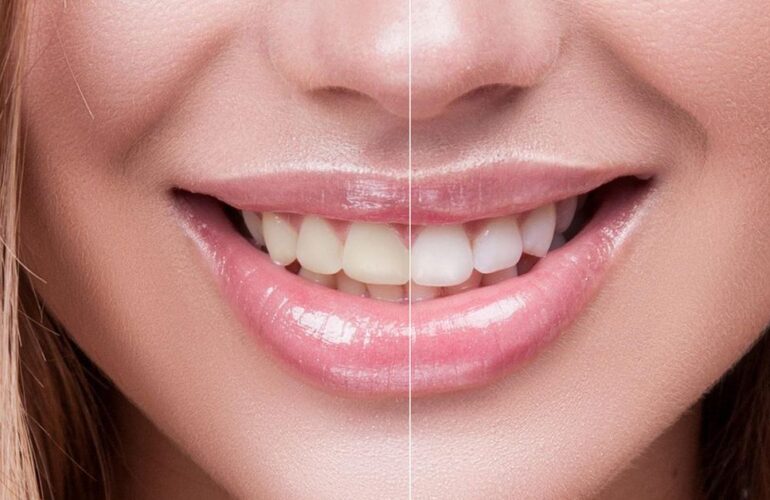Halitosis: Everything You Need to Know
Everyone faces the problem of bad breath every now and then. Let’s face it, the oft-ignored but dreaded “morning breath” is hardly an uncommon issue among human beings. On the other hand, one could temporarily experience bad breath as the result of an excessive intake of garlic, onions, or coffee; quite simply, no one is truly immune to the condition. But for some people, bad breath is a daily struggle, something that could have long-term harmful social and psychological effects.
Bad Breath is a Problem, Halitosis is a Condition
According to ‘Harvard Health’, around 30% of the population suffers from a recurring experience of bad breath – one that has a tangible impact, yet with little or nothing to offer in terms of a traceable cause.
Halitosis, derived from the Latin word for “bad breath”, most often shows up first thing in the morning, or right after a meal. People who have this condition suffer from the issue frequently, and in some cases, almost permanently. While the root cause of Halitosis remains unclear, medical professionals and researchers have established various methods of managing the problem.
Identifying and Treating Halitosis
If you routinely experience bad breath, and you are sure you cannot narrow it down to regular garlicky meals or poor oral hygiene, the chances are that you’re dealing with Halitosis. This ought not to be taken lightly; an appointment with your dentist is imperative.
You will most likely have to undergo a thorough examination to understand the nature and extent of your particular experience with this condition. This in itself could prove to be immensely beneficial, if effective long-term solutions for self-management, oral hygiene regulation, brushing techniques, flossing, and rinsing methods are provided.
Your dentist may also be able to examine your teeth to determine if your condition is caused by cavities needing to be filled; he can then take the required action. Techniques such as polishing and scaling can greatly reduce the risk of developing periodontal disease, further diminishing the possibility of Halitosis having long-term effects.
Potential Causes and Triggers of Halitosis
There are several underlying factors that may contribute to Halitosis, especially considering the fact that there are several sources of bacteria that could affect oral hygiene.
●Consumption of Certain Foods
Items such as garlic and onion, when absorbed in the bloodstream, can trigger bad breath. It may then become very difficult to reverse the effects.
●Oral Health Care
Good oral hygiene involves proper methods of brushing, flossing, and routine dental check-ups. If food particles remain in the mouth after a meal, they can collect in the teeth, gums, and tongue, and do significant damage that may not be easy to detect till it’s too late. Thus, oral health care should be taken seriously and inculcated as a regular discipline.
●Inadequate Cleaning of Dentures
When dentures are not cleaned properly and regularly, they may end up collecting food particles, fungi, bacteria, resulting in severe experiences of bad breath.
●Bacteria on the Tongue
Certain bacteria found in the back of the tongue may interact with amino acids in foods, resulting in odor-producing sulfur compounds.
●Periodontal Disease
A major symptom of periodontal disease, a condition of the gums, is bad breath. It may also cause an unpleasant sensation in the mouth. Consulting a dental professional is a must if one is dealing with this condition.
●Xerostomia
Xerostomia, or dry mouth, is often a key aspect of dealing with Halitosis. Saliva production can rapidly decrease, resulting in the mouth being unable to cleanse itself off food particles. Dry mouth can be caused by certain types of medication, regular tobacco use, salivary gland disorders, or continuous breathing through the mouth.
●Tobacco
Regular smoking of cigarettes, cigars, and smokeless tobacco, aside from being generally detrimental to one’s health, can stain the gums and teeth, making you immune to a number of oral problems. They can also directly cause bad breath and compound existing symptoms of Halitosis.
Managing Halitosis
There are no miracle cures for Halitosis but it’s not all bleak. The condition can be prevented or diminished if the following practices are routinely followed:
- Brushing at least twice a day and flossing regularly
- Cleaning your tongue and the roof of your mouth as part of your cleaning routine: though the effects may not show immediately, this can make a great difference to your oral health and hygiene in the long run.
- Taking out dentures, if they are being used, and cleaning them regularly.
- Reducing or quitting smoking altogether
- Consuming healthy foods that make you chew, thus allowing saliva to flow properly and do its job of cleaning the mouth. Chewing sugar-free gum may also prove to be beneficial.
- Paying regular visits to the dentist: routine check-ups can help you understand your oral health better, and moreover, can prevent an onset of Halitosis. On the other hand, if you are already suffering from the condition, it is wise to consult a professional who can thoroughly examine your particular case and recommend a successful dental management plan.
Halitosis is Not a Life Sentence
Halitosis can cause a tremendous amount of distress, discomfort, and anxiety, to those who suffer from it, affecting their quality of life. However, by empowering themselves with the right information and inculcating the right methods, the condition can be successfully managed towards leading a healthier life.




